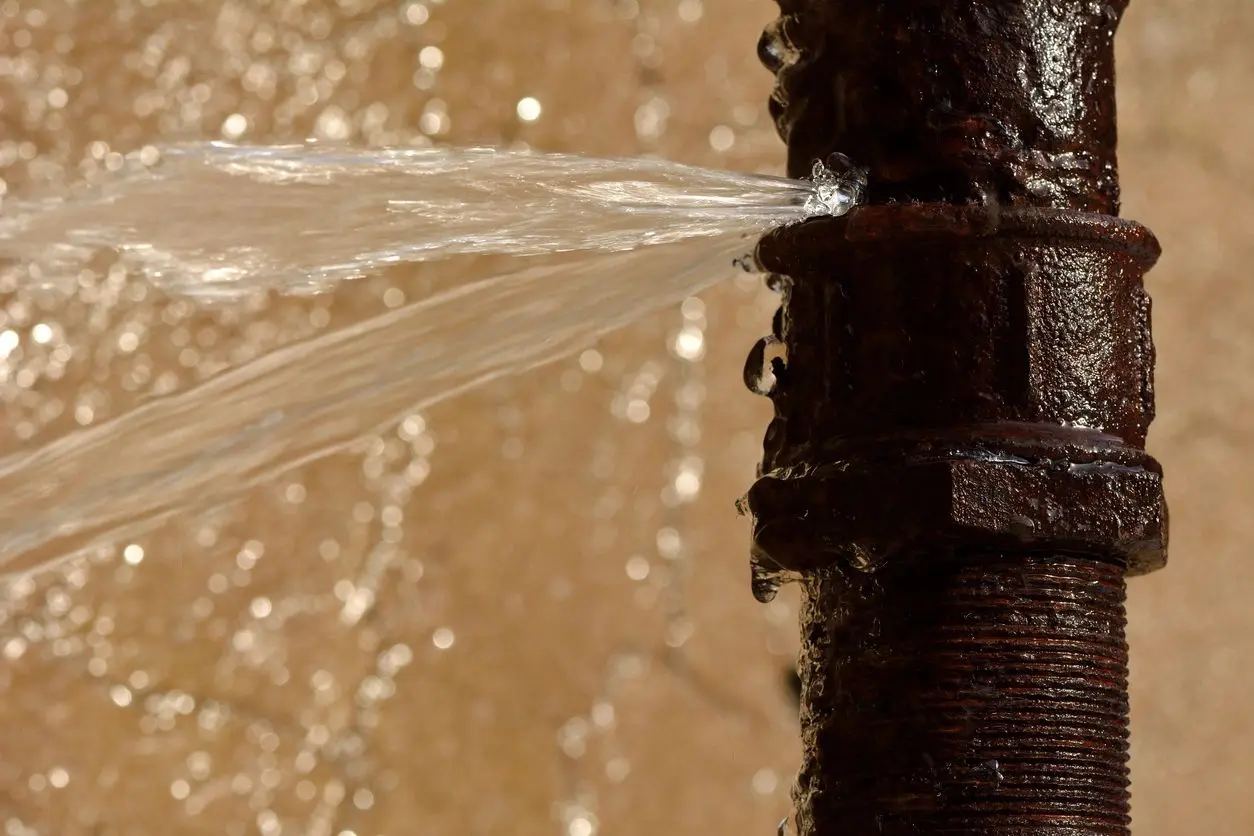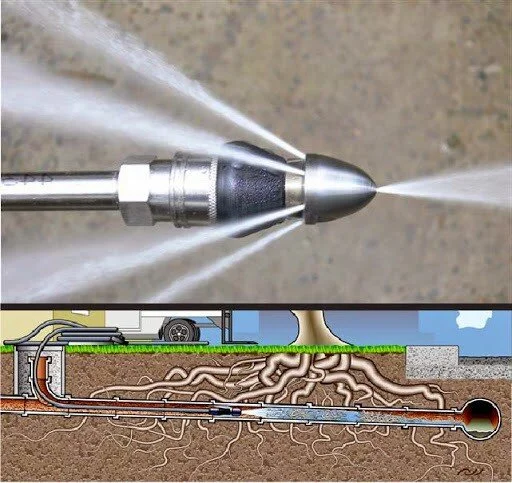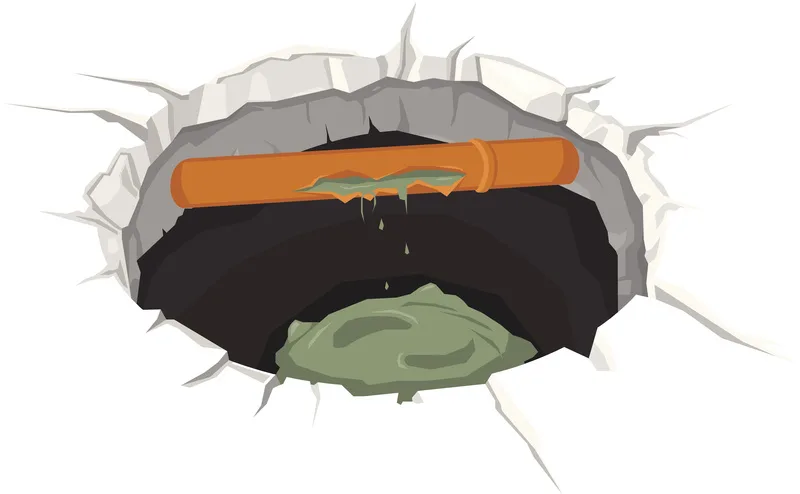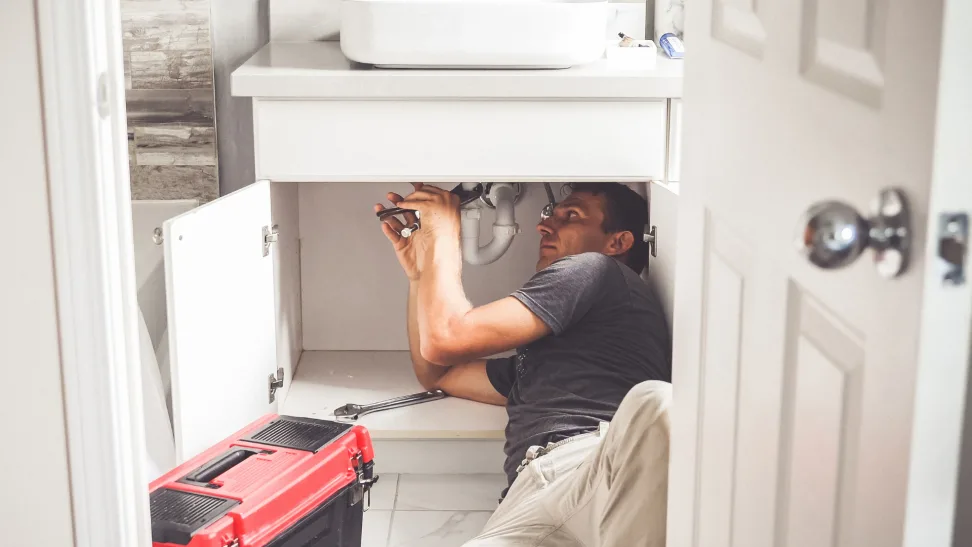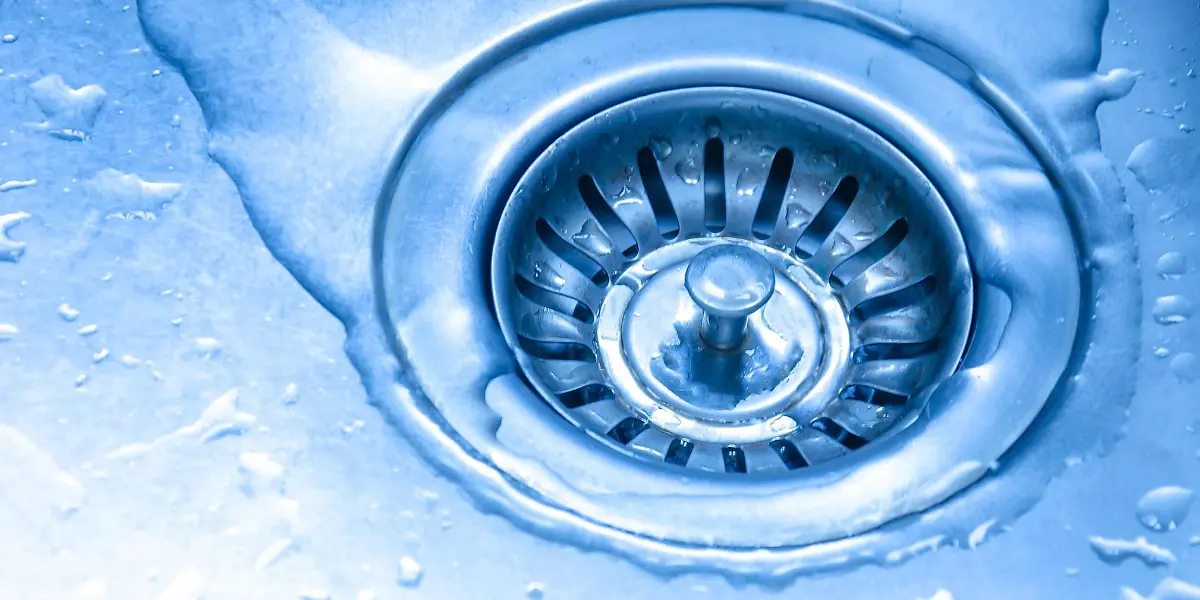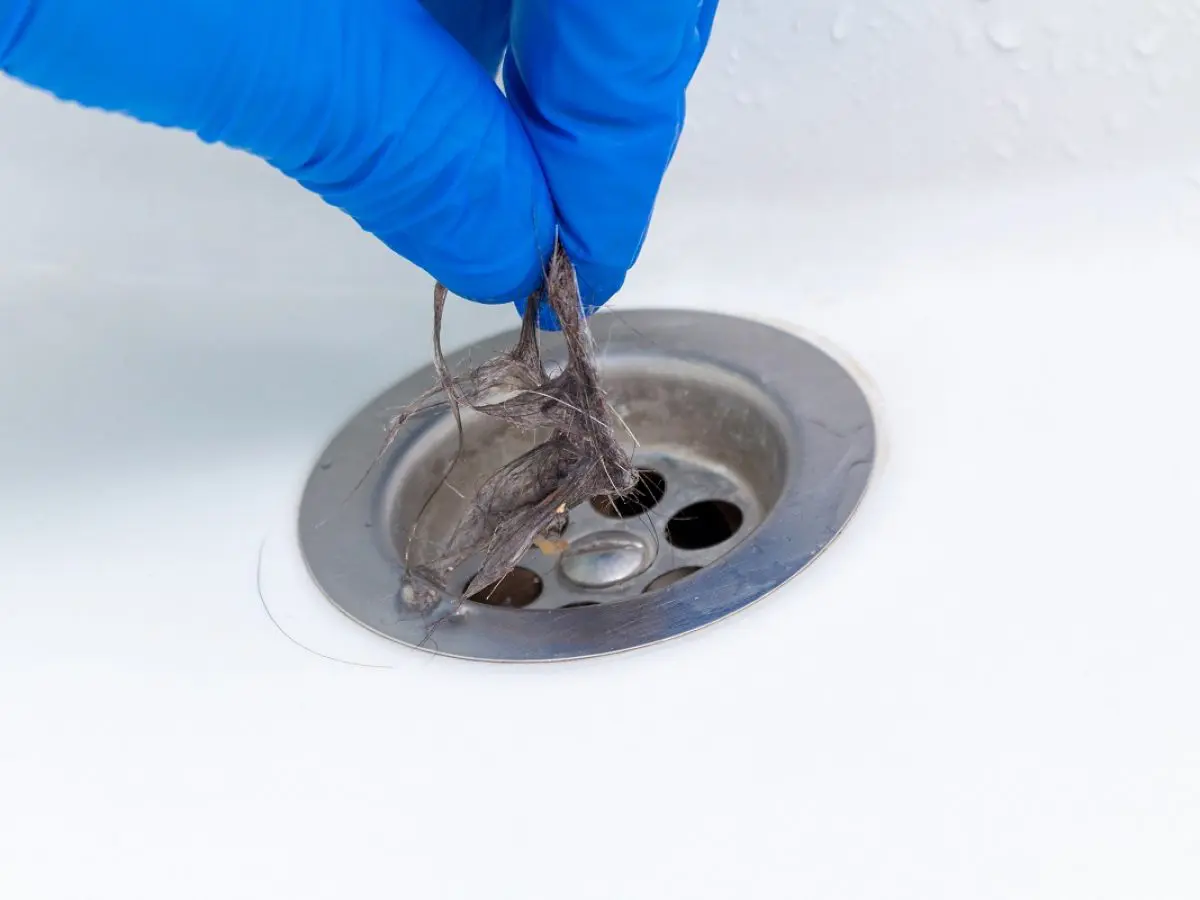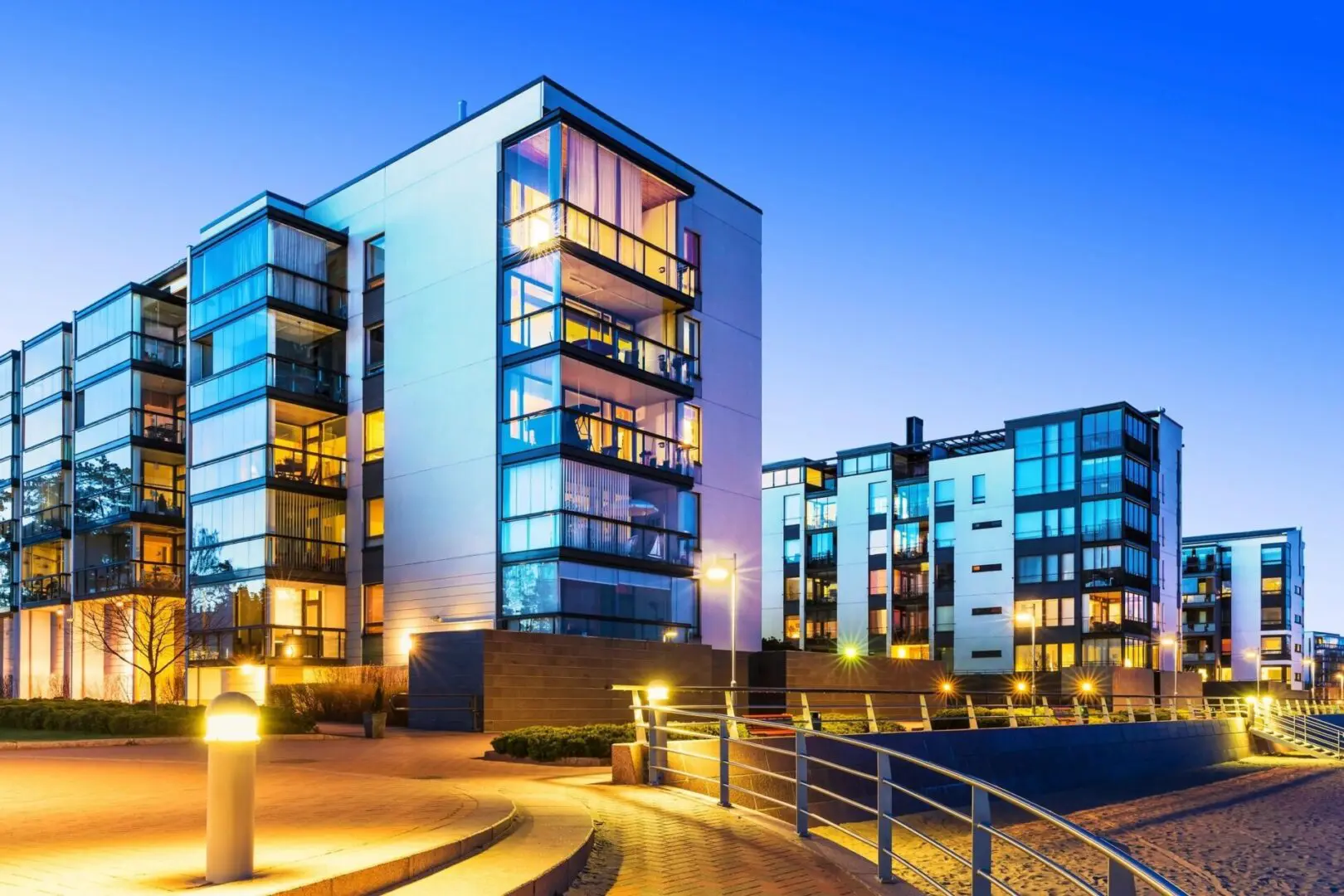Understanding Different Types of Pipe Materials
Understanding Different Types of Pipe Materials
Welcome to our guide on the various types of pipe materials used in plumbing systems. In this article, we'll explore the characteristics, advantages, and considerations of different pipe materials to help you make informed decisions for your plumbing projects. Whether you're renovating your home or planning new installations, understanding the differences between pipe materials is essential. Let's dive in and explore the world of plumbing pipes!
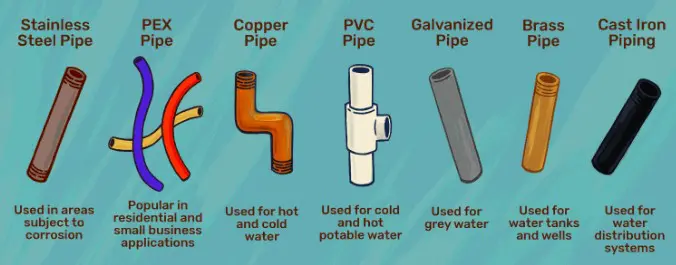
Copper Pipes: Time-Tested Durability
Copper pipes are renowned for their exceptional durability and resistance to corrosion, making them a preferred choice for plumbing systems worldwide. These pipes have a long lifespan, often lasting over 50 years, and can withstand high temperatures and pressures without compromising their integrity. Copper pipes are also recyclable, making them an environmentally friendly option for plumbing installations.
PEX Pipes: Flexible and Easy to Install
PEX pipes, made from cross-linked polyethylene, offer unparalleled flexibility and ease of installation. Their flexibility allows for bending around corners and obstacles without the need for additional fittings, reducing the risk of leaks and simplifying the installation process. PEX pipes are also resistant to freezing and corrosion, making them ideal for cold climates and harsh water conditions.
PVC Pipes: Affordable and Versatile
PVC pipes, made from polyvinyl chloride resin, are known for their affordability, versatility, and chemical resistance. These pipes are commonly used for drainage and vent systems due to their lightweight construction and ease of installation. PVC pipes are also highly durable and require minimal maintenance, making them a cost-effective choice for residential and commercial plumbing applications.
Galvanized Steel Pipes: Strength and Reliability
Galvanized steel pipes, coated with a layer of zinc to prevent corrosion, are valued for their strength and reliability in high-pressure applications. These pipes have a long lifespan and can withstand extreme temperatures and pressures without deforming or leaking. However, galvanized steel pipes are susceptible to corrosion over time, especially in acidic or alkaline environments, which may require regular maintenance or replacement.
CPVC Pipes: Ideal for Hot Water Distribution
ABS Pipes: Durable and Impact-Resistant
Recap
Thank you for taking the time to read our blog post! We hope you found it insightful and engaging. Your support means the world to us. If you'd like to explore more content, feel free to head back to our main page for a variety of topics to dive into. Alternatively, you can select another post from the list below to continue your journey with us. Happy reading!
How to Detect and Fix Water Leaks in Your Home
How to Detect and Fix Water Leaks in Your Home Water leaks in your home can lead to not only…
Read MoreThe Benefits of Hydro Jetting
The Benefits of Hydro Jetting for Drain Cleaning In the realm of plumbing maintenance, dealing with clogged drains is a…
Read MoreThe Environmental Impact of Plumbing: Tips for Eco-Friendly Plumbing
The Environmental Impact of Plumbing: Tips for Eco-Friendly Plumbing In today’s world, environmental sustainability is a top priority for many…
Read MoreHow to Choose the Right Water Heater for Your Home
How to Choose the Right Water Heater for Your Home Selecting the perfect water heater for your home is a…
Read MoreSigns Your Sewer Line Needs Repair
Signs Your Sewer Line Needs Repair Slow Draining Fixtures: A Telltale Sign Noticeably slow draining fixtures, such as sinks, showers,…
Read MoreDIY Solutions for Minor Plumbing Issues
DIY Solutions for Minor Plumbing Issues Welcome to our guide on tackling minor plumbing issues with DIY solutions. In this…
Read MoreThe Importance of Regular Drain Maintenance
Welcome to our exploration of the critical role regular drain maintenance plays in preserving the functionality and longevity of your plumbing system. In this article, we’ll delve into the significance of proactive drain care, highlighting the benefits it offers and providing practical tips for maintaining clear and efficient drains. Let’s dive in and discover why regular drain maintenance is essential for every homeowner.
Read More10 Common Causes of Clogged Drains and How to Prevent Them
10 Common Causes of Clogged Drains and How to Prevent Them Welcome to our comprehensive guide on preventing clogged drains,…
Read MoreDon’t Overlook Your Storm Drain’s Needs
While the sun shines and the weather stays dry, it’s easy to forget about the storm drain lurking in your…
Read More

